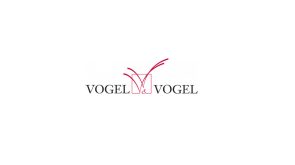This article continues where we left off in our article of October 2013 on the subject of the buyout by Eurotunnel of Seafrance assets and in which we lamented the (too) high risk of conflicting decisions affecting cross-border concentrations within the EU. In order to remedy the differences of assessment – in this case between the French and the British authorities which had nevertheless cooperated and applied the same substantive rules to the same international merger – we would favor extending the possibilities of referral to the European Commission as recommended in the Zivy Report (see our blog entry of 10 March 2014).

The fact remains however that this case constitutes a perfect illustration of the adverse consequences caused by conflicting decisions. We therefore wholeheartedly encourage any approach aimed at solving the difficulties inherent in the implementation of simultaneous merger controls. The Zivy Report recommends allowing companies to request the referral of cross-border mergers to the European Commission whenever two national competition authorities are competent to deal with them (instead of three such authorities as is currently the case) as laid down in Article 4(5) of Regulation No 139/2004, or asking national competition authorities to apply the rules of European Union merger control law in all merger cases notifiable in at least two Member States in order to avoid differences both of interpretation in the application of national laws. Let us hope that the recommendations do not fall on deaf ears…

 MON COMPTE
MON COMPTE















